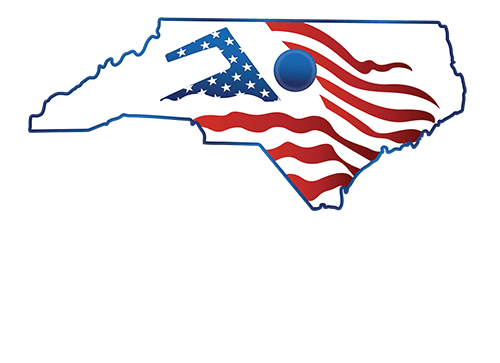When it comes to pool construction, one of the decisions you’ll need to make is whether to opt for a salt water pool or a traditional chlorine pool. Both options have their advantages and considerations, and it’s important to understand the pros and cons of each. In this article, we’ll compare salt water pools and chlorine pools, discussing factors such as maintenance, cost, and overall swimming experience.
Before diving into the comparison, let’s briefly touch on the importance of maintaining the proper chlorine level in your pool. What is the proper chlorine level for the pool? Chlorine is a common disinfectant used to keep the pool water clean and safe. The ideal chlorine level for a swimming pool typically ranges between 1.0 and 3.0 parts per million (ppm). Regular testing and adjustment of chlorine levels are essential to ensure proper sanitation and water quality.
Immerse yourself in the aquatic paradise of our pools
Now, let’s explore the pros and cons of salt water pools and chlorine pools:
Salt Water Pools:
Pros:
- Lower chlorine concentration: Salt water pools use a salt chlorine generator to convert salt into chlorine. The chlorine produced is typically at a lower concentration than traditional chlorine pools, resulting in reduced eye and skin irritation.
- Reduced maintenance: Salt water pools generally require less day-to-day maintenance compared to chlorine pools. The salt cell generates chlorine automatically, reducing the need for frequent manual chlorination.
- Softer water feel: Salt water pools are often praised for their softer water feel, which can provide a more enjoyable swimming experience.
Cons:
- Higher upfront cost: The initial cost of installing a salt water system is typically higher than a traditional chlorine system. The salt chlorine generator and additional equipment required can add to the overall construction expenses.
- Corrosion risk: Salt water can be corrosive, potentially causing damage to certain pool materials and equipment over time. Regular inspections and maintenance are necessary to prevent corrosion issues.
Chlorine Pools:
Pros:
- Lower initial cost: Chlorine pools generally have a lower upfront cost compared to salt water pools. The equipment required for chlorine pools is typically less expensive.
- Effective sanitization: Chlorine is a proven and effective sanitizer, capable of rapidly killing bacteria and contaminants in the pool water.
- Easy availability: Chlorine products are widely available and can be easily obtained from pool supply stores or retailers.
Cons:
- Higher chlorine concentration: Chlorine pools require regular manual addition of chlorine to maintain proper levels. This can result in a higher concentration of chlorine, which may lead to stronger chemical odors and potential skin and eye irritation.
- Regular maintenance: Chlorine levels need to be monitored and adjusted regularly to ensure proper sanitation. Additionally, chlorine pools may require more frequent backwashing and cleaning of filters.
Regardless of whether you choose a salt water pool or a chlorine pool, understanding the pool care basics. Regular testing of water chemistry, maintaining proper pH levels, and routine cleaning and maintenance are important for any pool. Proper filtration, skimming, and regular circulation of water help to keep the pool clean and clear.
In conclusion, both salt water pools and chlorine pools have their own set of pros and cons. Consider factors such as cost, maintenance, and personal preferences when making a decision for your pool construction project. Whether you choose the softer water feel of a salt water pool or the lower upfront cost of a chlorine pool, proper pool care and maintenance are key to enjoying a clean and refreshing swimming experience.

